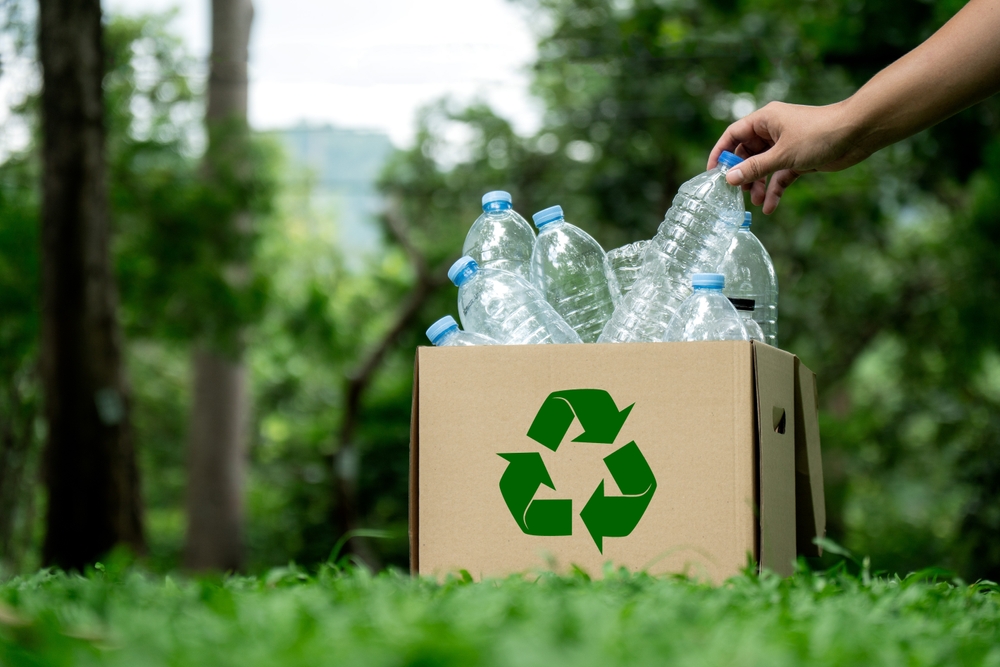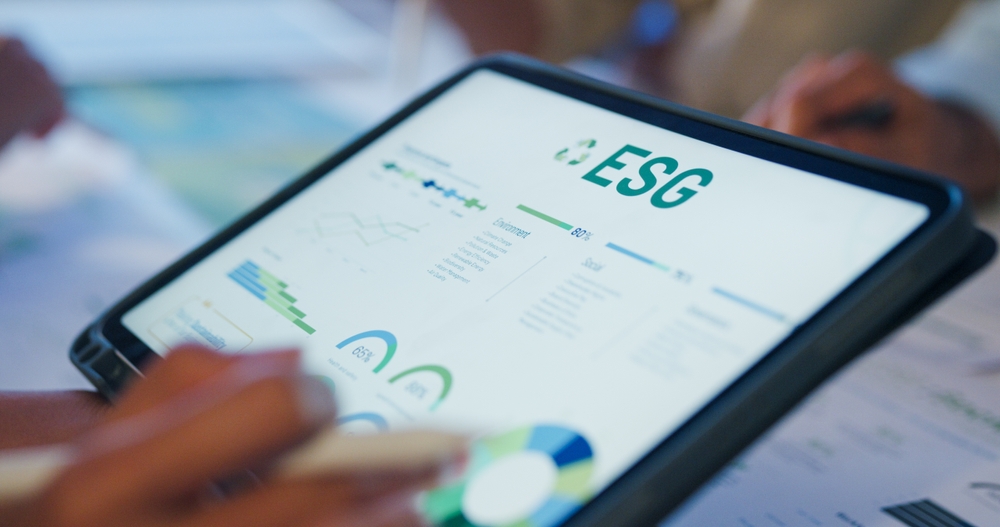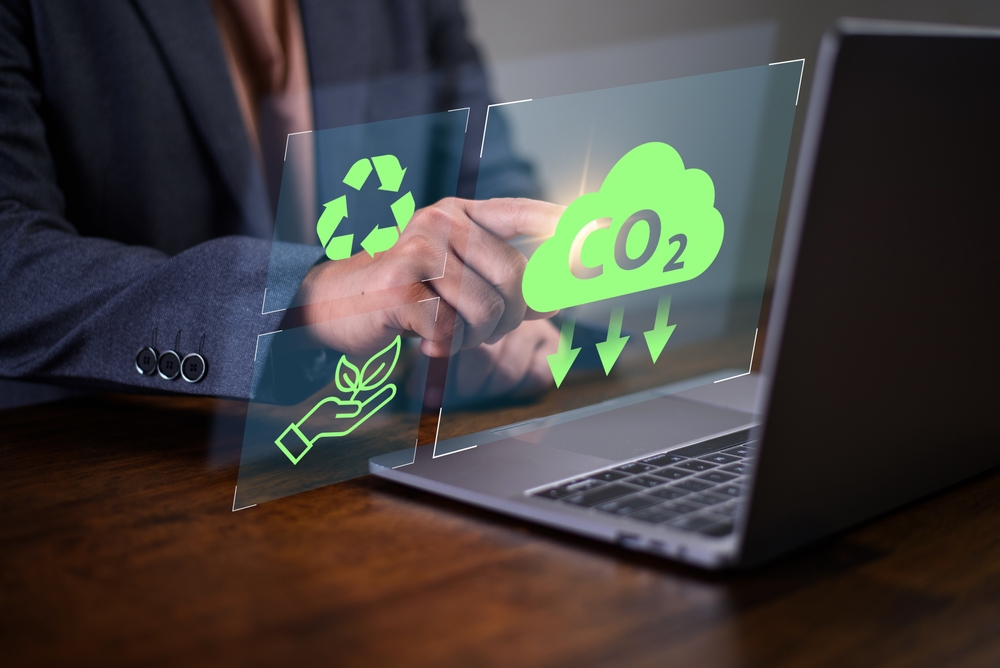Understanding what is sustainable waste management is central to creating an effective waste management system. Waste is a part of everyday life, from households to industries. How it is handled determines the impact on natural resources, communities and the environment. With rising levels of waste generated each year, better solutions are needed urgently. This blog explores the meaning, methods and benefits of sustainable waste management, offering insights into how businesses can adopt long term effective approaches.
Waste management definition and sustainability
To start, it helps to define waste management and waste control. In simple terms, sustainable waste management is the process of collecting, handling, transporting and treating waste products to reduce harm to the environment and human health. When combined with sustainability principles, it becomes waste management and sustainability. The result is a system that looks beyond waste disposal and aims to reduce waste at the source, reuse materials where possible and recycle them into new materials.
This approach prioritises the sustainable waste management hierarchy, which places waste reduction and reusing materials above sending to landfill. It also connects directly to waste management sustainability services, ensuring that both short-term handling and long-term planning align with environmental protection. Businesses looking for sustainable solutions for waste management need to focus on prevention, efficiency and innovation rather than relying on waste disposal.
Understanding the sustainable waste management meaning is essential for managing waste efficiently. The management of waste should always consider waste management environmental impacts, including emissions, landfill use and effects on water and air quality.
Why waste management is important
Why waste management is important lies in its influence on air and water quality, human health and the wider environment. Poor practices lead to greenhouse gas emissions, contaminated water quality, and significant contributions to climate change and global warming.
By contrast, effective waste management reduces these risks. It also helps conserve natural resources, minimises pollution and supports sustainable practices across industries. The sustainable waste management importance for businesses goes beyond compliance. Strong systems provide economic, financial and social benefits, while also saving costs and supporting a more sustainable future.
The goals of sustainable waste management
Sustainable waste management aims to transform how society and businesses handle waste. Instead of focusing on waste disposal, it promotes sustainable waste management practices that cover the full waste management process. This includes waste audits, waste sorting, composting organic waste, energy recovery and finding sustainable waste solutions that protect both the environment and human health.
To achieve successful implementation, businesses need to understand the goals of waste management. These goals include preventing generating unsustainable waste, achieving zero waste methods, improving recycling rates, and ensuring that the waste stream is treated in ways that provide social and environmental benefits. Creating a clear waste management vision statement helps guide employees and contractors and ensures alignment with long-term environmental goals.
Key types of waste
Waste comes in many forms. A one-size-fits-all approach is not effective for managing it sustainably. Local authority collected waste (also known as municipal solid waste) includes household refuse, packaging and plastic waste. Industrial waste arises from manufacturing, while business waste ranges from office disposables to construction debris. Food waste and organic waste are highly significant, as they make up a large share of waste generated globally. Businesses need to identify what is environmental waste, including both hazardous and non-hazardous materials, to implement proper sustainable waste management practices.
Improper disposal of these waste materials contributes to carbon emissions and greenhouse gas emissions. This directly affects both air and water quality. By understanding different types, businesses can choose waste management techniques suited to their needs, such as anaerobic digestion for organic waste or energy recovery for non-recyclable materials.
Waste management practices that work
There are many waste management practices that are great examples of progress across industries. These include:
- Conducting waste audits to assess the amount of waste produced and where waste reduction methods can be applied
- Establishing waste sorting at the source to separate recyclable materials from waste products
- Composting organic waste to turn waste created into usable materials
- Expanding efforts to recycle and reuse in line with zero waste targets
- Investing in waste management technologies can protect the environment, such as digital monitoring
These are clear waste management examples that businesses can adopt to improve sustainability across their operations. These effective waste management strategies not only reduce waste disposal but also support a circular economy, where resources are kept in use longer through reusing and recycling materials.
Businesses can adopt sustainable waste management solutions to improve waste sustainability and reduce environmental impact. By identifying the most effective solutions to waste management, organisations can implement solution to waste management strategies that support long-term goals and align with sustainable management principles.
Minimising waste through reduction and reuse
At the top of the waste management hierarchy is prevention. Waste reduction strategies and waste reduction solutions are essential to achieve less waste and support sustainability. Businesses can apply ways to minimise waste, adopt waste reduction methods and look at waste reduction examples that align with their industry to determine the sustainable waste management practices most relevant to their business.
Practical steps include redesigning packaging, choosing sustainable waste handling options and adopting a set of techniques to reduce waste through innovation. Organisations can adopt measures considering:
- How to reduce waste in environment – cutting down usage before it ever becomes waste
- How can waste be reduced through reduce waste disposal initiatives, including recycling, composting organic waste and energy recovery
The result is sustainability waste policies that significantly contribute to reducing pollution, reducing carbon emissions and helping to cut carbon emissions linked to energy usage and logistics.
Recycling and recovery
Recycle and reuse remain the central pillars of waste management strategies. High recycling rates lead to lower demand for extracting new resources and reduce pressure on landfills. By focusing on recyclable materials and ensuring waste sorting, businesses can return usable materials to the production cycle.
For organic streams, composting organic waste or using anaerobic digestion supports soil health and produces renewable energy. For other waste products, energy recovery helps manage what cannot be recycled. Each of these methods forms part of environmental waste management systems that promote sustainable environmental management.
Wider benefits of sustainable waste
The benefits of sustainable waste are broad. On an environmental level, it helps protect air and water quality, improves human health and reduces the carbon emissions that drive climate change. From a business perspective, it brings financial benefits, economic benefits and the chance of cost savings through efficiency.
There are also clear social benefits. Cleaner communities, lower risks from pollution and better waste collection services support public wellbeing. In addition, environmental and waste management planning encourages sustainable environmental policies that work for both the present and future generations.
Building towards zero waste and circular economy
A shift towards zero waste is becoming more common across businesses. With zero waste methods, companies are moving away from heavy reliance on landfills and towards systems where all waste products are seen as resources.
At the same time, the circular economy provides a framework for sustainable environmental management. It ensures that materials are not discarded after single use but instead kept in circulation as recyclable materials or reusable materials. This model delivers environmental benefits, reduces waste generation and builds a more sustainable future.
Sustainable waste solutions for businesses
For businesses, the shift to sustainable waste management and recycling is more than a compliance exercise. It is a chance to lead in environmentally friendly waste disposal methods, enhance brand reputation and gain financial benefits through saving costs.
Businesses adopting environment waste management software and policies demonstrates commitment to waste and sustainability. Choosing environment friendly waste management approaches shows responsibility to customers and communities. These efforts significantly contribute to improving air quality, reducing pollution and protecting natural resources. A practical example of waste reduction is redesigning packaging to reduce single-use plastics and implementing recycling materials programmes.
Whether through eco friendly waste management, eco friendly waste disposal or reducing the use of materials, the aim is to ensure every step aligns with sustainable environmental values. For organisations, understanding sustainable solutions meaning is about recognising that waste management is not just about disposal but about prevention, reuse and innovation.
Practical sustainable solutions examples include implementing office-wide paperless systems, setting up closed-loop recycling systems, and investing in digital tools to monitor waste performance.
Finding the most effective solution of waste management allows organisations to reduce waste generated, cut carbon emissions and achieve long-term waste sustainability. Using digital tools and structured processes ensures that each aspect of managing waste is addressed efficiently.
Driving sustainability with digital support
Strong policy is only effective when backed by monitoring and reporting. This is where Velappity helps. Our platform supports waste audits, compliance tracking and inspection management, giving businesses the tools needed for efficient waste management. By digitising forms and streamlining reporting, Velappity enables the successful implementation of sustainable waste management practices.
For waste management companies, Velappity makes it simple to track data, demonstrate compliance and maintain clear records. With better visibility into the waste management process, businesses can improve waste management, reduce risks and show commitment to sustainable environmental management.
Key questions businesses ask about waste – what is sustainable management?
Businesses often ask, ‘what are the goals of waste management?’ or perhaps ‘why is waste management important?’ if they wish to focus on just one area. Fundamentally, the aim is to minimise waste generated, reduce carbon emissions, and protect air and water quality. Many also question why is waste disposal a problem, particularly in urban areas. For example asking ‘what would best address the problem of waste in London?’. Measures include improved waste sorting, recycling rates and sustainable garbage disposal systems.
Understanding sustainable management helps organisations embed eco-friendly practices into daily operations. The sustainable management definition includes reducing waste, reusing materials and improving waste sustainability.
Try Velappity Today
If your organisation is ready to improve your inspection approach to waste management and the environment, Velappity can help. Our software makes inspections, reporting and compliance monitoring straightforward, supporting sustainable waste disposal and sustainable waste solutions.
Explore how Velappity can support your journey towards sustainable waste management and recycling.




